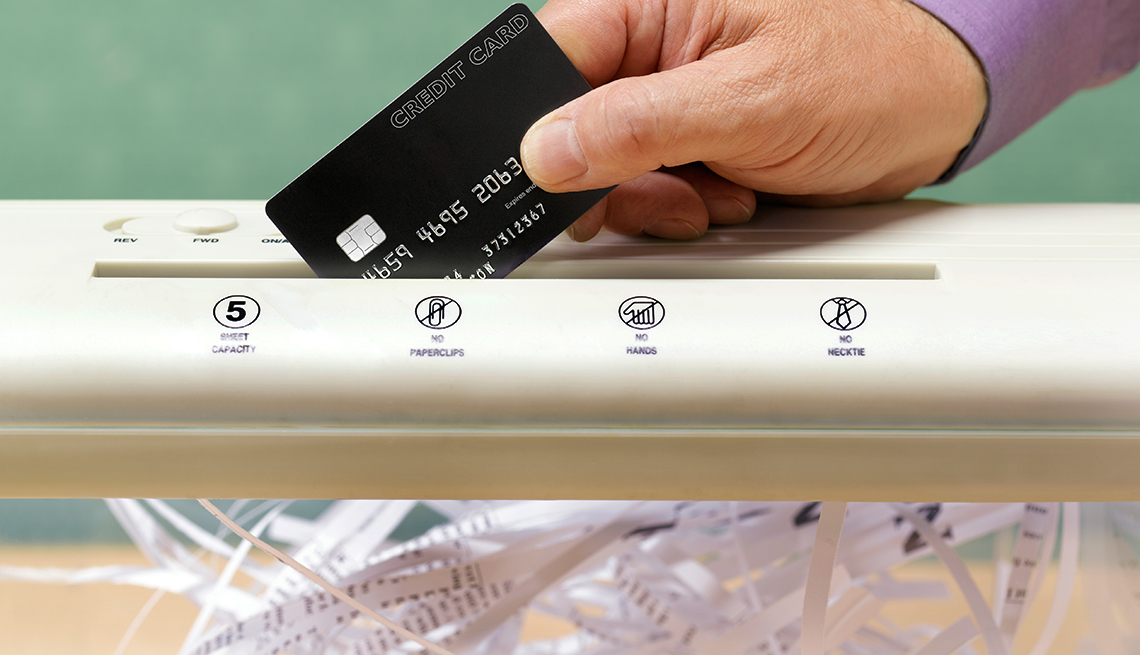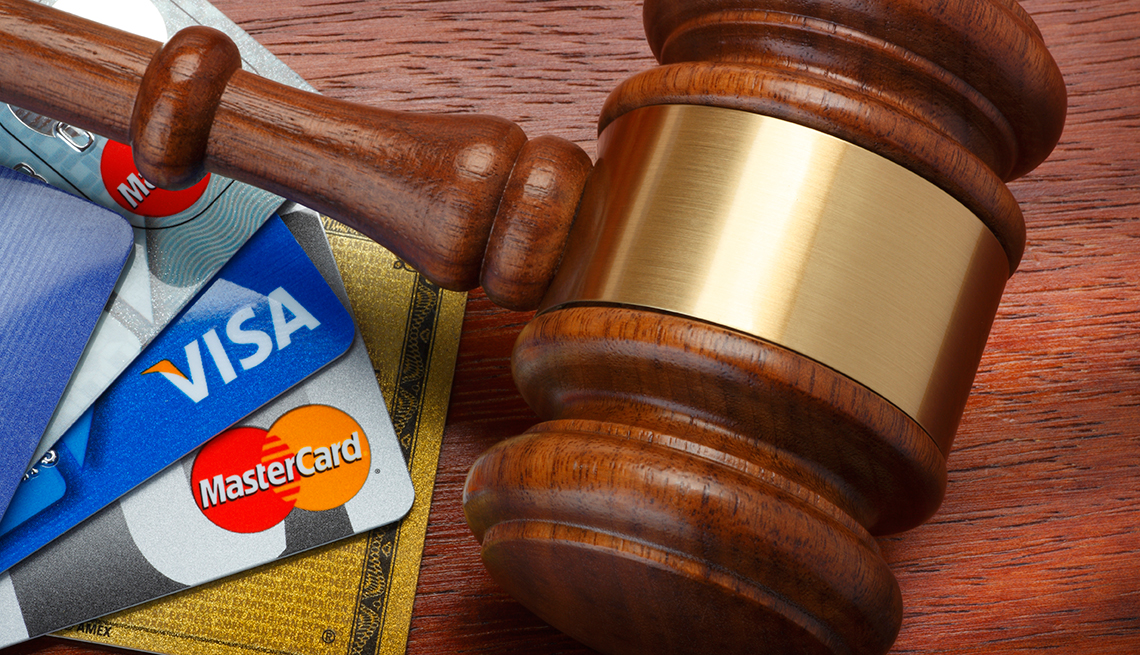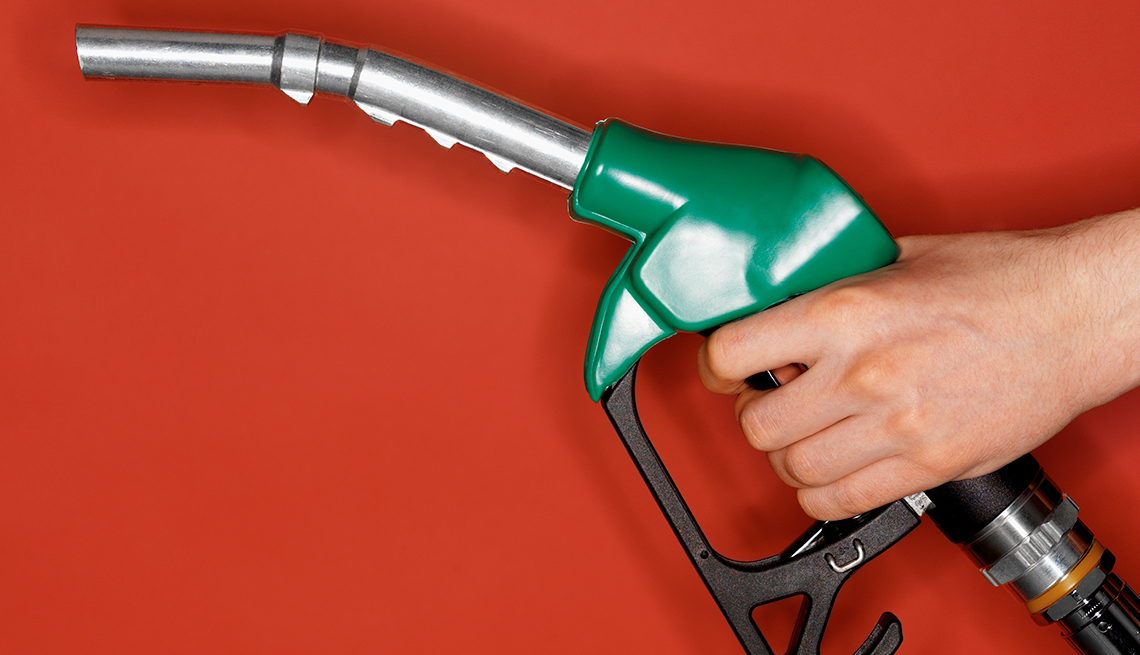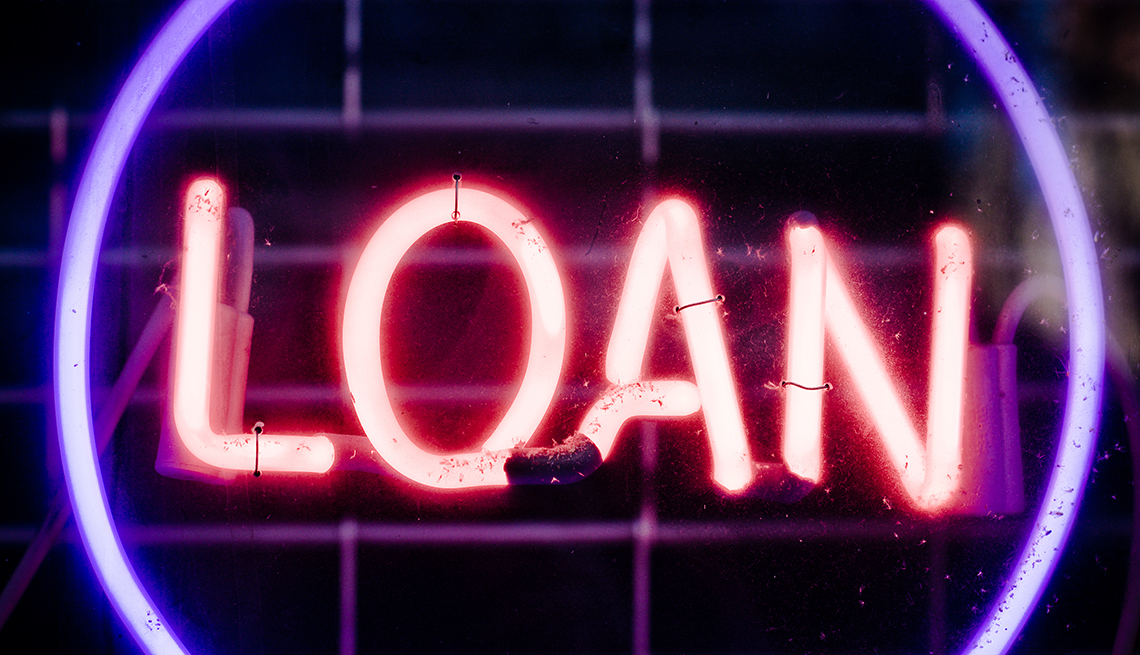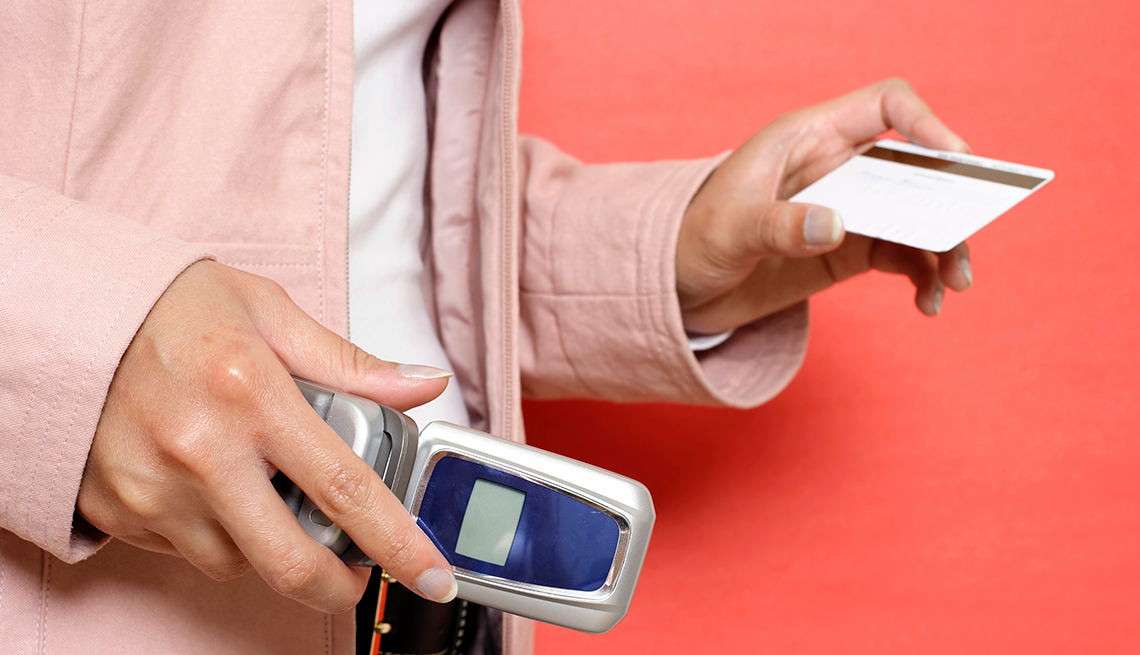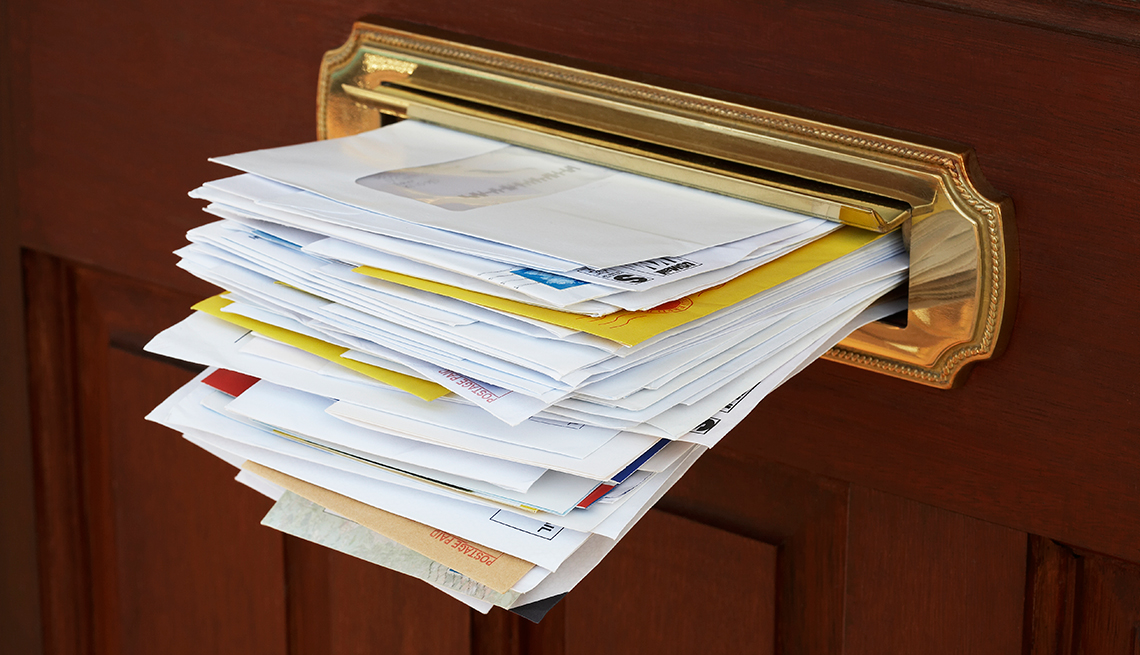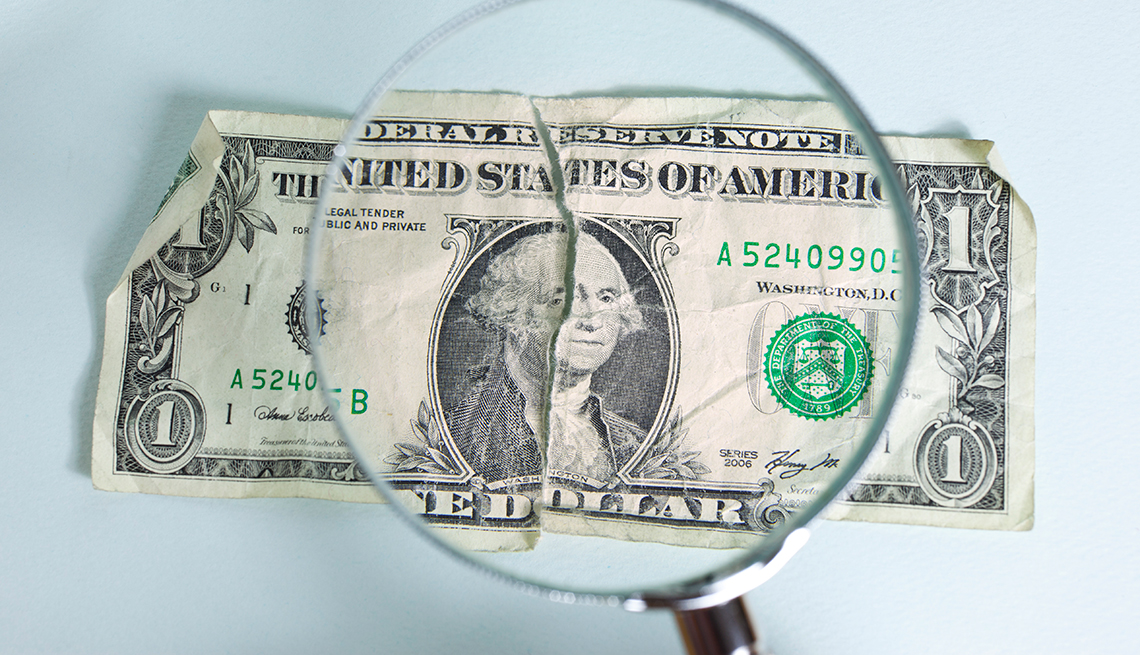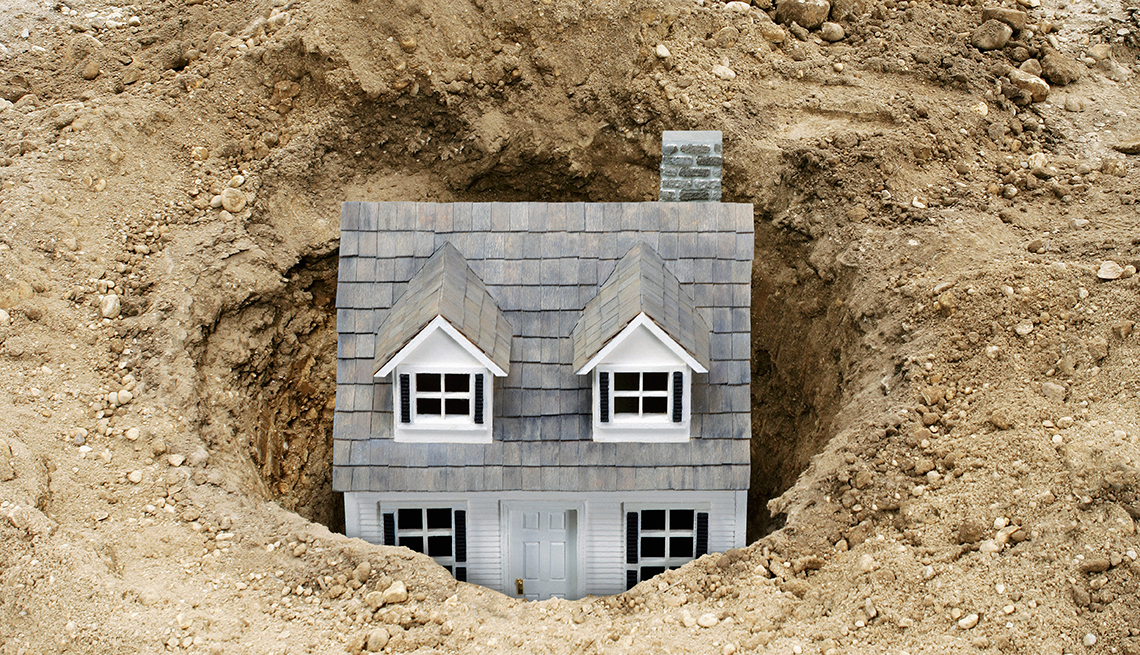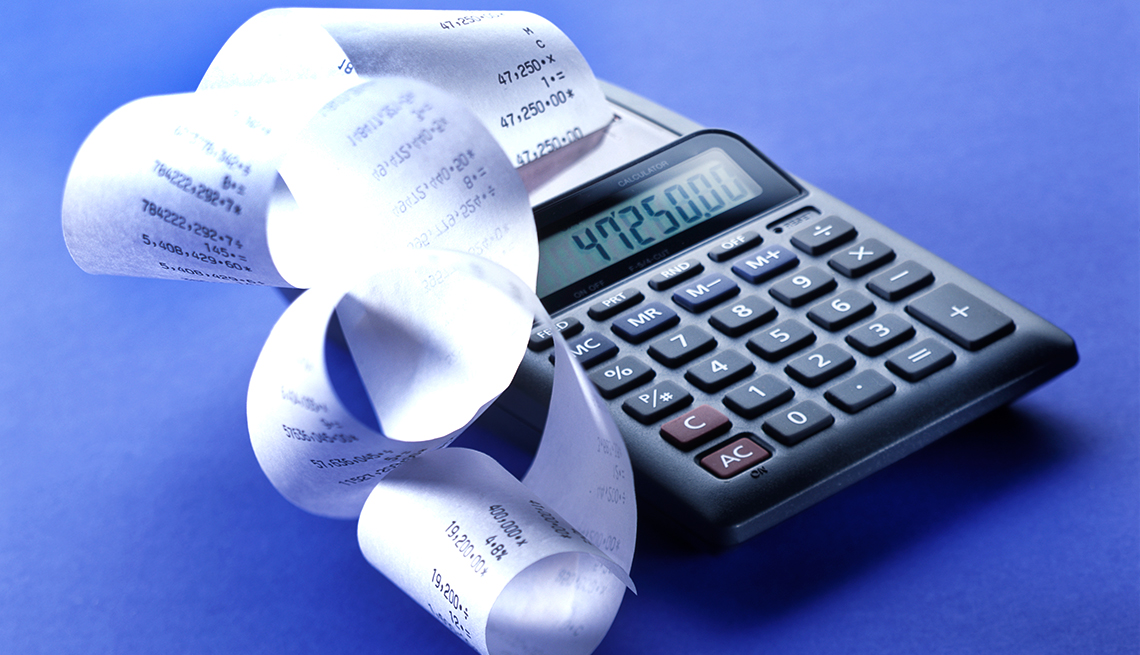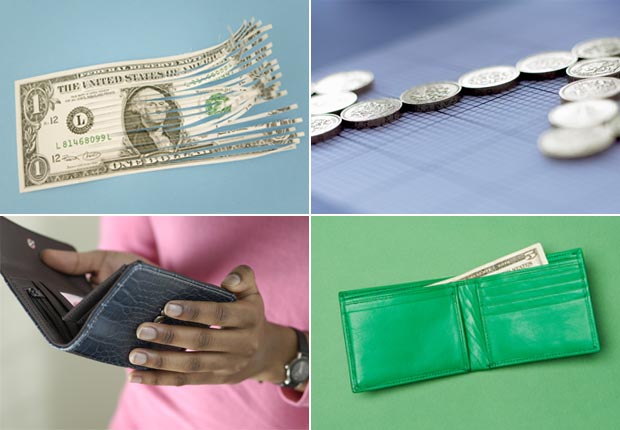-
Peter Dazeley/Getty Images
Don't close old credit card accounts
En español| So, you finally paid off that credit card bill that's been nagging you for ages. Your first inclination may be to say "Good riddance!", cut up the card and close the account. Not so fast. Closing the account can actually lower your credit score. First, you'll have a smaller amount of available credit and you'll be making your credit history with that card go away a lot sooner. Available credit and account history factor in your credit rating. Even if you pay off a credit card, you're usually better off keeping that card open.
1 of 11
-
Istockphoto
Don't max out your cards before a bankruptcy
We all know that gas prices can eat into our budgets. But even if your wallet is taking a serious hit every time you fill up your tank, it's still wise to avoid applying for gas cards and buying fuel on credit. Ditto for applying for department store credit cards. Gas cards and retail store cards usually have very high interest rates — far higher than national brand cards such as Visa or MasterCard. Plus, if you frequently apply for multiple credit cards, you'll generate inquiries on your credit report, lowering your credit score. To avoid these problems, only apply for credit when you truly need it.
2 of 11
- See AlsoHow To Remove Collection Accounts From Your Credit ReportHow To Make Money Online With Pinterest7 Steps You Can Take to Repair Your Bad CreditFree Credit Repair Options for Low-Income Individuals - Crediful
Getty Images
Don't apply for gas cards and department store cards
If someone calls, mails or emails you unsolicited and requests sensitive personal information such as your credit card number or your Social Security number, never divulge it, no matter how nice or legitimate the person sounds. Such requests are often financial scams targeting seniors. Criminals are trying to steal your money or make unauthorized use of your credit and good name. If you ever become the victim of identity theft, report it immediately to your local police department and to the Federal Trade Commission. You can reach the FTC toll-free at 877-ID-THEFT (877-438-4338) or atits website.
3 of 11
-
Getty Images
Don't cosign for someone else's loans
To help maintain a healthy credit rating, you should check your credit reports free of charge at least once a year at thegovernment-mandated website. But a once-a-year checkup isn't enough. You should also routinely watch out for the warning signs that you may be in debt trouble. Some red flags include: being able to make only minimum payments, missing payments, charging without knowing how you will pay your bills, and constantly seeking zero percent card offers or low-rate balance transfers just to be able to afford your payments. If any of these warning signs sounds familiar, seek help from a trusted nonprofit credit-counseling agency.
4 of 11
-
Istockphoto
Don't share your credit card number
If you don't pay a federal tax debt, the IRS has the power to levy your assets, seize your tax refund or put a lien against your property. But none of that should scare you into paying with a credit card. That's because if you do, you'll also have to pay an "interchange" fee. This can run anywhere from about 2 percent to 4 percent of the amount you're paying. Now add that to the 12 percent to 18 percent interest you'll pay to your bank if you add the tax charge to your card's balance. A better solution is to work out a repayment plan with the IRS and pay your tax debt over time.
5 of 11
See AlsoTax Guide For Photographers -
Simon Battensby/Getty Images
Don't be pressured into accepting new credit cards
- 10 common credit mistakes
- Bad spending habits you should break
- 10 ways to cut expenses
Get savings on a new car with the AARP Auto Buying Program
6 of 11
-
Steve Lewis/Getty Images
Don't ignore the warning signs about credit problems
En español| So, you finally paid off that credit card bill that's been nagging you for ages. Your first inclination may be to say "Good riddance!", cut up the card and close the account. Not so fast. Closing the account can actually lower your credit score. First, you'll have a smaller amount of available credit and you'll be making your credit history with that card go away a lot sooner. Available credit and account history factor in your credit rating. Even if you pay off a credit card, you're usually better off keeping that card open.
7 of 11
-
Steven Puetzer/Getty Images
Don't fall for credit repair schemes
En español| So, you finally paid off that credit card bill that's been nagging you for ages. Your first inclination may be to say "Good riddance!", cut up the card and close the account. Not so fast. Closing the account can actually lower your credit score. First, you'll have a smaller amount of available credit and you'll be making your credit history with that card go away a lot sooner. Available credit and account history factor in your credit rating. Even if you pay off a credit card, you're usually better off keeping that card open.
8 of 11
-
Getty Images
Don't pay your tax bill with a credit card
En español| So, you finally paid off that credit card bill that's been nagging you for ages. Your first inclination may be to say "Good riddance!", cut up the card and close the account. Not so fast. Closing the account can actually lower your credit score. First, you'll have a smaller amount of available credit and you'll be making your credit history with that card go away a lot sooner. Available credit and account history factor in your credit rating. Even if you pay off a credit card, you're usually better off keeping that card open.
9 of 11
-
Walker and Walker/Getty Images
Don't put major expenses on credit just for "rewards."
En español| So, you finally paid off that credit card bill that's been nagging you for ages. Your first inclination may be to say "Good riddance!", cut up the card and close the account. Not so fast. Closing the account can actually lower your credit score. First, you'll have a smaller amount of available credit and you'll be making your credit history with that card go away a lot sooner. Available credit and account history factor in your credit rating. Even if you pay off a credit card, you're usually better off keeping that card open.
10 of 11
-
View More Slideshows
En español| So, you finally paid off that credit card bill that's been nagging you for ages. Your first inclination may be to say "Good riddance!", cut up the card and close the account. Not so fast. Closing the account can actually lower your credit score. First, you'll have a smaller amount of available credit and you'll be making your credit history with that card go away a lot sooner. Available credit and account history factor in your credit rating. Even if you pay off a credit card, you're usually better off keeping that card open.
11 of 11
FAQs
What are 10 things you could do to hurt or even destroy your credit? ›
- Getting a new cell phone. ...
- Not paying your parking tickets. ...
- Using a business credit card. ...
- Asking for a credit limit increase. ...
- Closing an unused credit card. ...
- Not using your credit cards. ...
- Using a debit card to rent a car. ...
- Opening an account at a new financial institution.
- Making a late payment.
- Having a high debt to credit utilization ratio.
- Applying for a lot of credit at once.
- Closing a credit card account.
- Stopping your credit-related activities for an extended period.
- Errors made to your identity information (wrong name, phone number, address)
- Accounts belonging to another person with the same or a similar name as yours (mixing two consumers' information in a single file is called a mixed file)
- Incorrect accounts resulting from identity theft.
- Making late payments.
- Making only the minimum credit card payment each month.
- Maxing out your credit card.
- Misunderstanding introductory credit card interest rates.
- Not reviewing your credit card and bank statements in full each month.
- Closing a paid-off credit card account.
Not checking your credit score often enough, missing payments, taking on unnecessary credit and closing credit card accounts are just some of the common credit mistakes you can easily avoid.
How can credit hurt you financially? ›If you have bad credit, you might have more trouble taking out a credit card, car loan or mortgage — and if you do get accepted for a credit card or loan, you can expect to pay higher interest rates. A FICO score of less than 669 would be considered a fair score and one below 579 is rated a poor score.
What are the 3 biggest factors impacting your credit score? ›- Payment History: 35% Your payment history carries the most weight in factors that affect your credit score, because it reveals whether you have a history of repaying funds that are loaned to you. ...
- Amounts Owed: 30% ...
- Length of Credit History: 15% ...
- New Credit: 10% ...
- Types of Credit in Use: 10%
- Just one late payment. ...
- Not paying ALL of your bills on time. ...
- Applying for more credit. ...
- Canceling your zero-balance credit cards. ...
- Transferring balances to a single card. ...
- Co-signing credit applications. ...
- Not having enough credit diversity.
Your race, color, religion, national origin, sex and marital status. US law prohibits credit scoring from considering these facts, as well as any receipt of public assistance, or the exercise of any consumer right under the Consumer Credit Protection Act.
What not to say to a credit card company? ›Don't Lie About Your Credit Card History
Customer service representatives can easily pull up your credit card history while you're on the phone, so there is no use in bending the truth.
What are the three C's of credit questions? ›
They are known as the “Three C's of Credit”: Capacity, Character, and Collateral: (1) Capacity: What is the individual's ability to repay the loan? (2) Character: What is the individual's reliability to repay the loan? (3) Collateral: What assets does the individual own that could be sold to repay the loan?
What are the three C's of credit scores? ›Students classify those characteristics based on the three C's of credit (capacity, character, and collateral), assess the riskiness of lending to that individual based on these characteristics, and then decide whether or not to approve or deny the loan request.
What is the biggest killer of credit scores? ›1. Payment History: 35% Making debt payments on time every month benefits your credit scores more than any other single factor—and just one payment made 30 days late can do significant harm to your scores.
What are the six C's of bad credit? ›To accurately find out whether the business qualifies for the loan, banks generally refer to the six “C's” of credit: character, capacity, capital, collateral, conditions and credit score.
What is the number one rule of credit? ›Always pay on time. Pay your balance in full each month, if possible. If not, pay as much above the minimum required payment as you can. Try to keep your credit utilization below 30% of your card's credit limit.
What are 3 ways your credit score can drop? ›- You have a high balance on your credit cards. ...
- A late payment was reported. ...
- You closed a credit card account or paid off a loan. ...
- You paid off an installment loan. ...
- You recently applied for credit. ...
- You're the victim of identity theft.
- Pay as much as you can toward your debt. When it comes to avoiding credit card debt, your top priority is generally to pay off as much of your balance as possible each month. ...
- Track your spending. ...
- Save for emergencies. ...
- Keep an eye on your credit scores.
- Late or missed payments.
- Collection accounts.
- Account balances are too high.
- The balance you have on revolving accounts, such as credit cards, is too close to the credit limit.
- Your credit history is too short.
- You have too many accounts with balances.
- 6 ways to help rebuild your credit. ...
- Know your credit score. ...
- Pay current and past-due bills. ...
- Start an emergency fund. ...
- Be careful with new credit. ...
- Consider credit card alternatives. ...
- Be patient.
